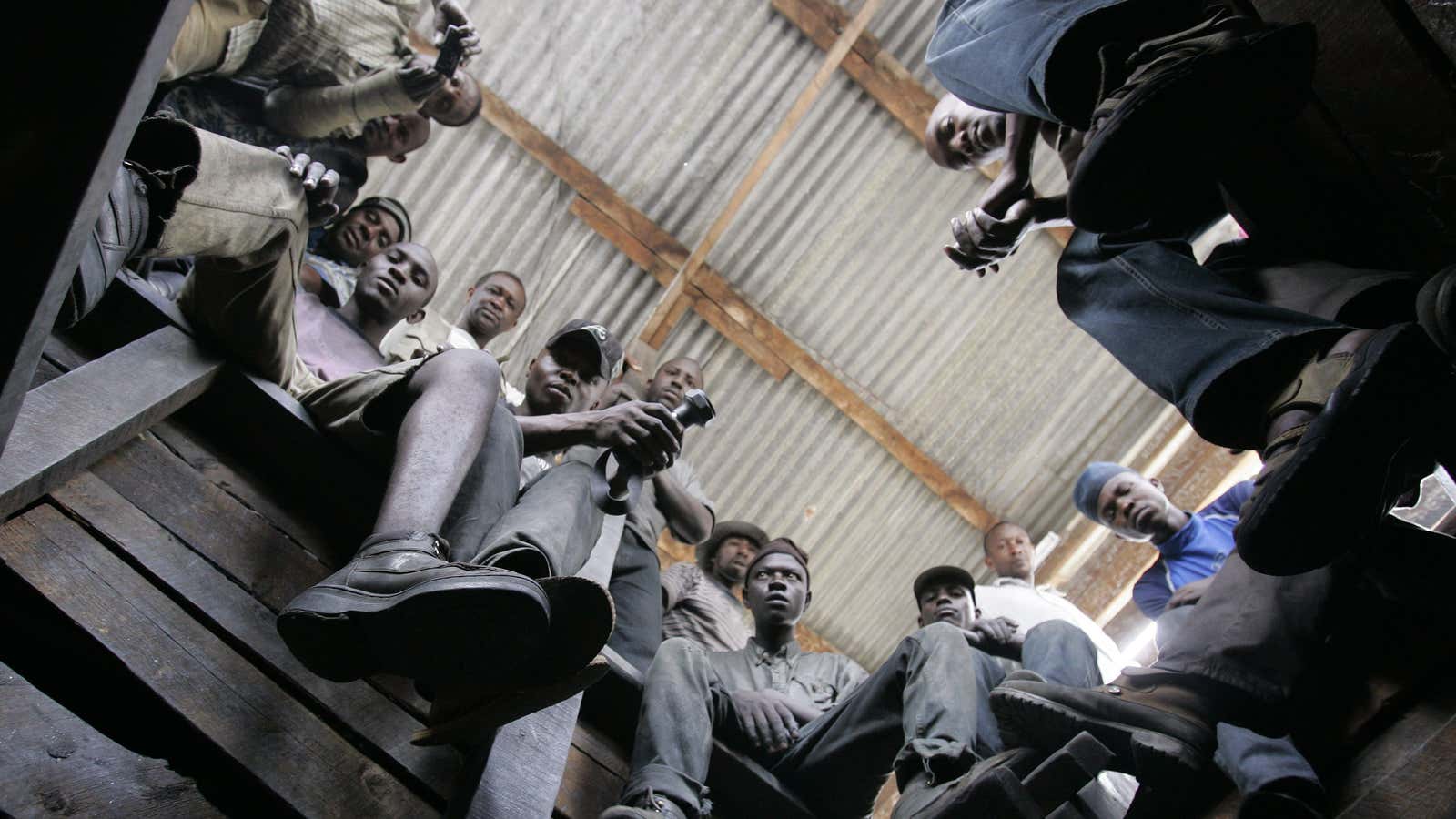Tanzania is set to overhaul its extractive industry after the government passed a new law that posits strict guidelines for foreign companies.
The new law gives companies three months to comply with the regulations, while also making them apprise the government of how they are enacting these changes. As part of reform, the government wants to enhance the competitiveness of local mining and financial institutions by setting minimum employment levels and in-country spend for foreign firms, while also providing a structural monitoring and reporting system that ensures companies deliver on these objectives.
The passage of the legislation is part of president John Magufuli’s promise to fix the mining sector. The populist-leaning president has been leading an effort to tackle corruption, squeeze mining companies for higher revenues, and ensure that processing takes place within the country.
Last year, Magufuli banned the export of unprocessed minerals as the government squeezed mining companies for increased royalties. His administration also asked the African subsidiary of the Toronto-based Barrick Gold to pay a jaw-dropping $190 billion in revised taxes, interests, and fines. After months of negotiations, the company said last October it will pay authorities $300 million in a new deal, grant it a 16% stake in its mines, and equally split “economic benefits” from its operations.
As part of the new parameters, indigenous companies will be given the first preference when approving mining licenses or sourcing for equipment and goods. Companies should also hold accounts in local banks, which have either 100% or majority Tanzanian shareholders. Mining activities will also be insured through local brokerage firms, and licensees have to obtain approval if they need to seek services overseas. This rule could be a boon for local banks in Tanzania but could lock out global banks operating in the country including Barclays, Exim Bank, or Standard Chartered.
After they are awarded a grant, contractors are expected to open up an office in the specific local district to engage citizens. Qualified Tanzanians are also set to be given the first consideration for employment and to be trained regularly by contractors or sub-contractors on the practical skills needed to do the job. Companies are also expected to set aside a budget for research and development and facilitate technology transfer to local service and supply companies.
Failure to adhere to these regulations or making false statements could see individuals or companies facing up to ten years in prison or 10 billion shillings ($4.5 million) in fines.
Across Africa, Tanzania is hardly the only country mulling over reviewing its mining laws. The DR Congo has introduced a law that will increase the tax on base metals like copper and cobalt from 2% to 3.5%, seeking to leverage global demand for rechargeable batteries to increase revenue.
